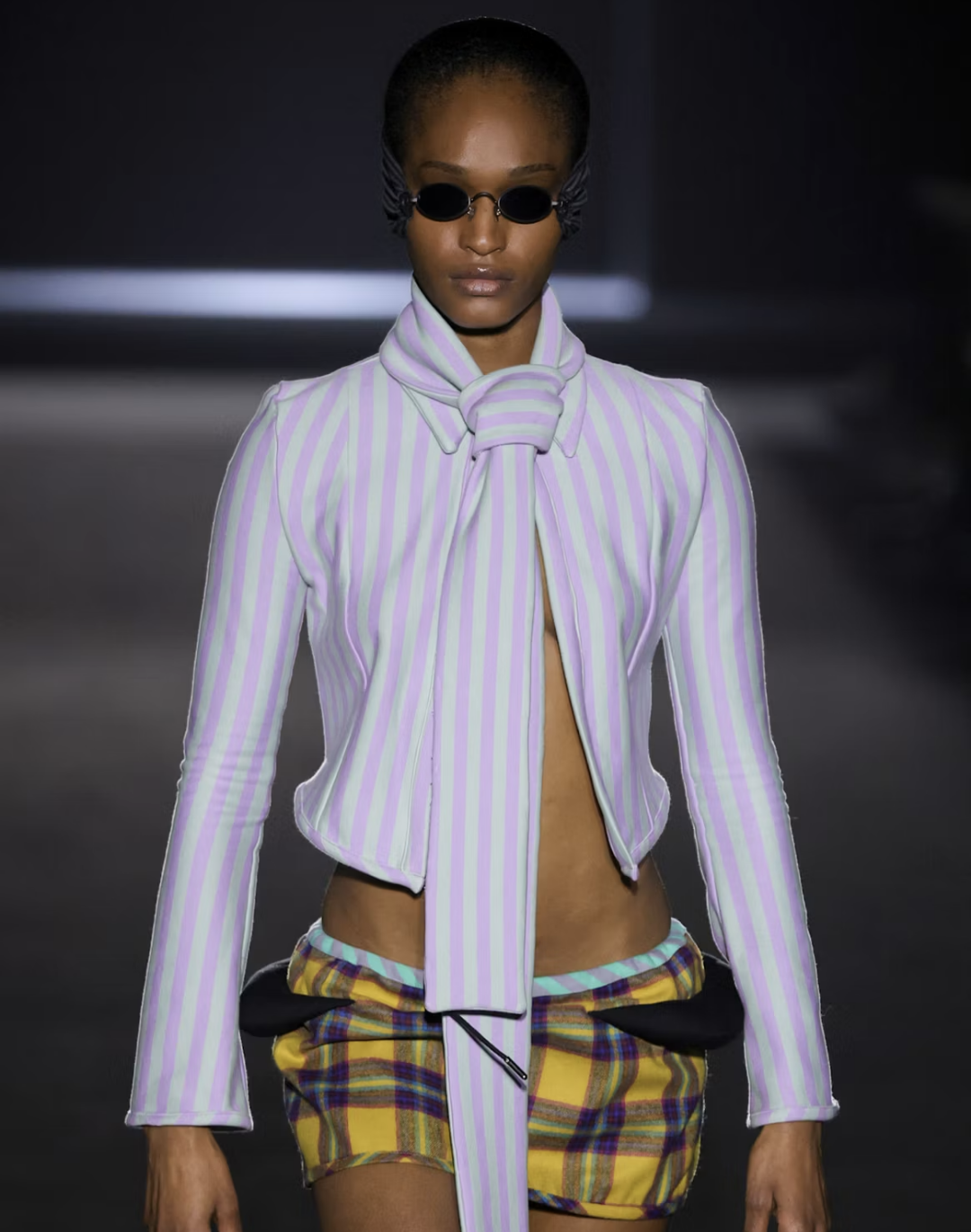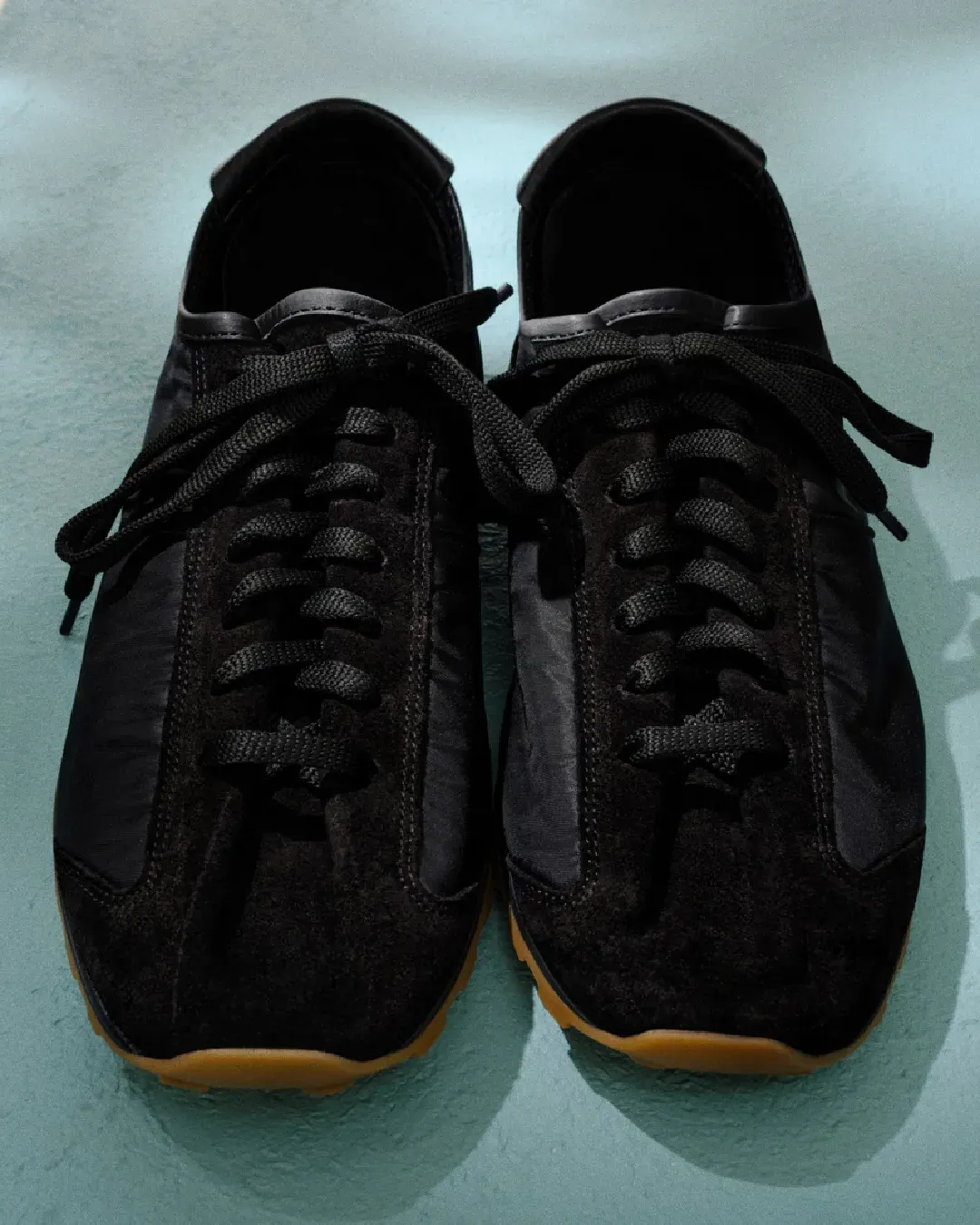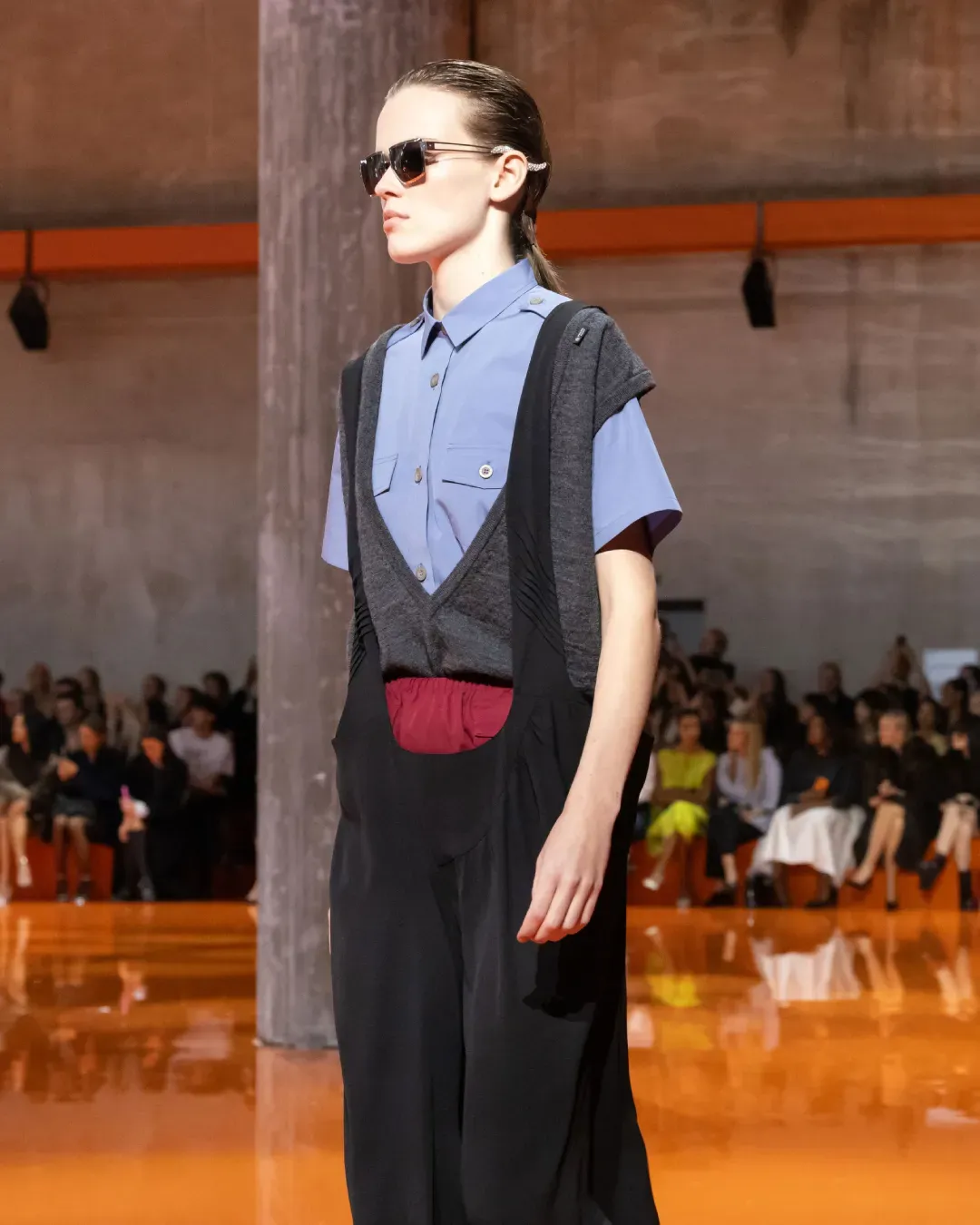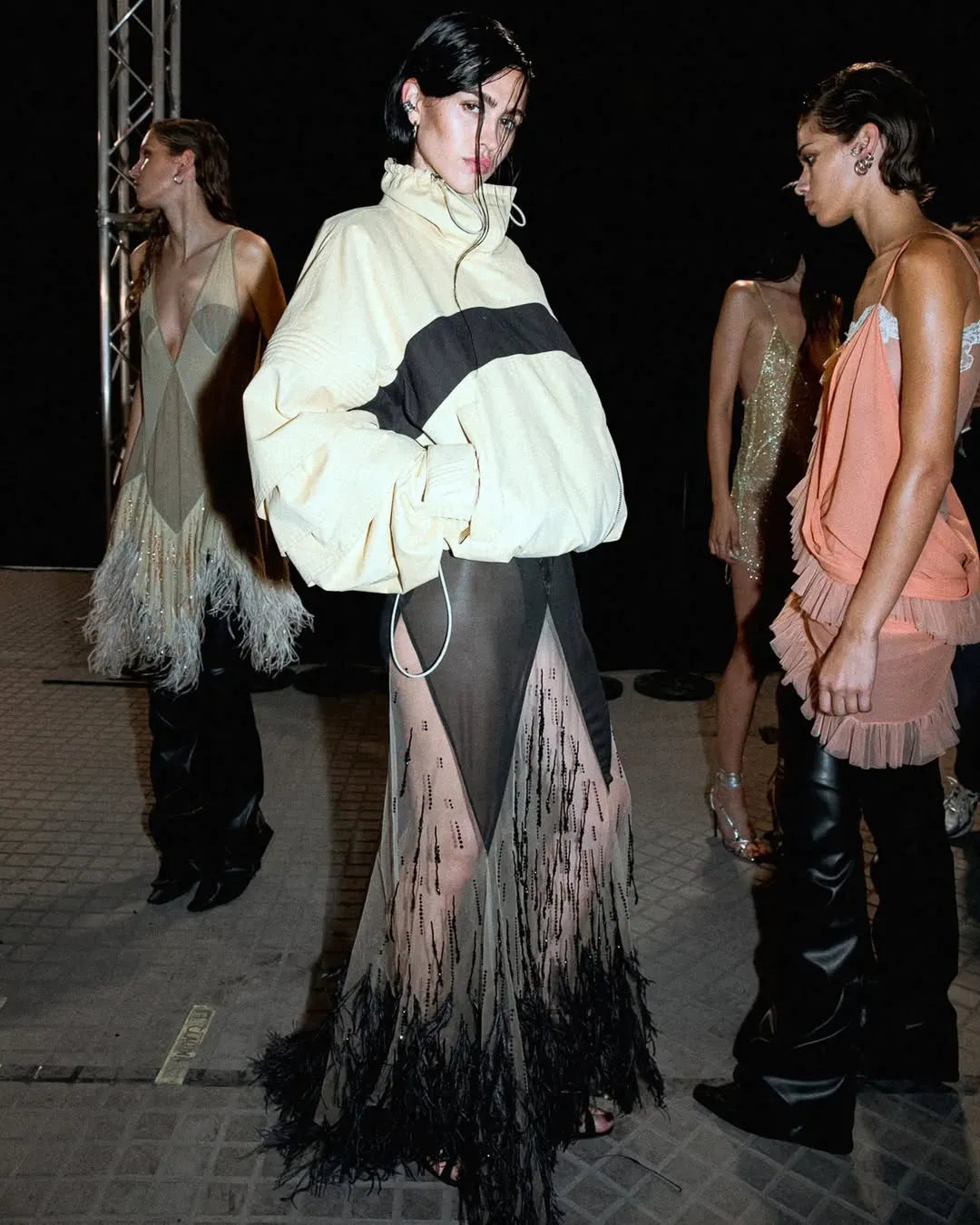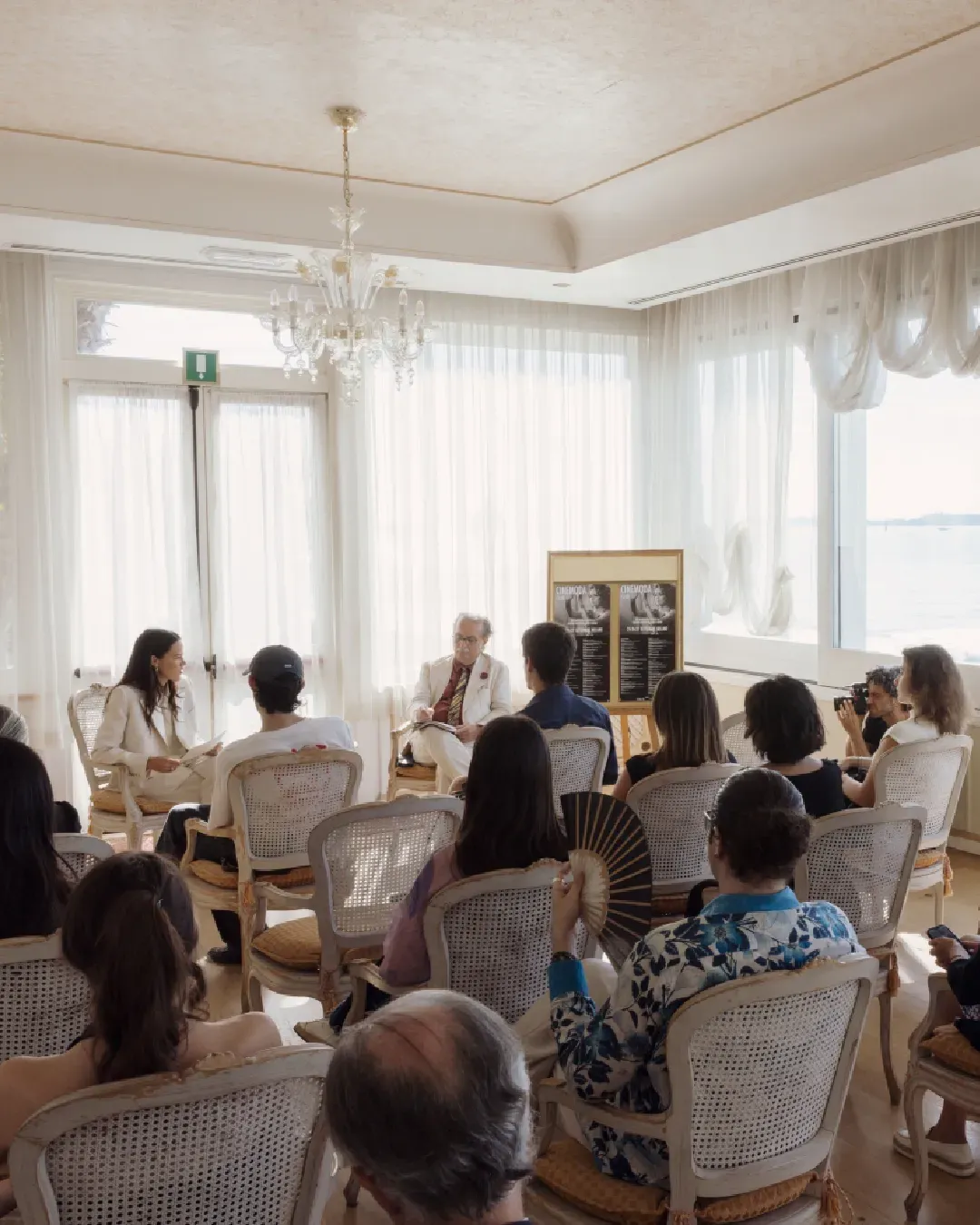
When Tupperware financed fashion shows Despite the spectre of bankruptcy, the American company has not stopped renewing itself
Tupperware, the world-famous manufacturer of food storage containers, is in danger of closing down for good. Although fame has made the brand a household word for the product it sells, as it has been for Biro, K-way, and other historical brands in the past, notoriety does not seem to be enough to save the iconic American company founded in Orlando in 1946. As reported by Wired, on the return from the Easter holidays the shares plunged by almost 50% and in recent weeks the company was already expressing serious doubts about its ability to continue operating. The figures, in fact, speak for themselves: in the last quarter of 2022, sales plummeted by 20% year-on-year to just over USD 300 million and the company dissolved almost 100% of its value on the stock market. Yet the efforts to make the brand competitive again and spur young people to buy it instead of falling back on cheap Amazonbasics counterparts have been there, starting with fashion.
Tupperware is in danger of going bust after revealing it was seeking a funding lifeline, 77 years after the famous US company formed https://t.co/rUTFzaXkEw
— Bloomberg (@business) April 12, 2023
In 2010 Tupperware joined sponsors at New York Fashion Week to support those designers who have struggled to find backers and buyers in the US recession, as well as funding the fashion show of Project Runway winner Irina Shabayeva. And, although efforts to make its image more appealing to a new slice of consumers have not been enough, the company's strategies were indicative of a broader trend: the joining of mainstream sponsors and global brands at fashion weeks around the world. From McDonald's to Havaianas, via Maybelline, accessible brands are reserving a space among the usual 12-15 sponsors, flanking companies not typically associated with fashion, such as Hewlett-Packard Co and Intel Corp, among the sponsors of Project Runway. «This process, through the great recession, has shown us that the wealthy are able to look at affordable products and look at them with different eyes» Candace Corlett, president of WSL Strategic Retail, told NBC News, proving that high fashion, despite its elitist appeal, also needs the sustenance of mainstream brands to exist.










































